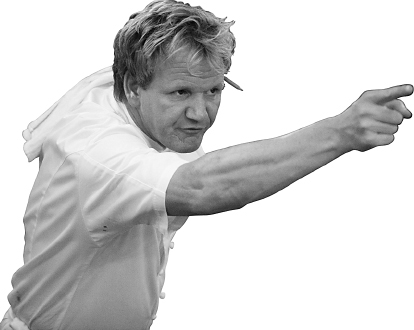Competence and Ethics
Competence and Ethics
Page 217

An ability to mix and match leadership styles to suit your group’s needs is an essential skill for a leader. But competent leadership requires other skills. The most effective leaders remain focused on their group’s goals, and they hold both themselves and the group accountable for achieving those results. They treat all group members in an ethical manner. They also have credibility with their group. That is, members see them as knowledgeable, experienced, believable, and respectable—even if they don’t like their leader personally. Finally, competent leaders use skilled communication techniques, such as describing a compelling vision of success and acknowledging the group’s valuable talents, to inspire members to contribute their best.
Ethics and You
Have you ever experienced bullying from a group leader? How did you resolve the situation? Did the leader succeed in manipulating the group, or did more ethical communication techniques prevail?
But not all leaders demonstrate these qualities. Some use unethical tactics to try to acquire and keep control over an entire group or individual members within a group. These tactics can include bullying or behaviors such as criticizing harshly, name-calling, gossiping, slandering, attacking personal traits, or threatening safety or job security (Smith, 2005). It can also include gesturing offensively, ignoring, giving withering looks, or using a sarcastic tone of voice. Bullies may try to manipulate group members by withholding needed information, excluding them from meetings, or insisting on unrealistic deadlines or expectations. Unfortunately, such unethical tactics can prove successful for some leaders to some degree. Take the case of chef Gordon Ramsay on the reality TV series Hell’s Kitchen. Aspiring chefs are split into two teams that are pitted against each other in challenges while also preparing and serving dinner to a roomful of diners. Ramsay is very particular about how he wants the food to taste and look. If something is not up to par, he often screams profanities at the contestant responsible for the mistake, showing no qualms about insulting contestants’ appearance, ethnicity, or professional background. While his anger and derogatory statements are usually met with a grim “Yes, chef” and he may gain the respect of some contestants, others tire of being abused on a regular basis and break down or walk out.
THINGS TO TRY
Create a chart that lists the four leadership styles described here (directive, participative, supportive, and achievement oriented). Evaluate the leaders of each of the different groups in which you participate—your boss at work, your professors, the resident assistant of your dorm—in terms of their leadership style. Where do they fall on your chart? Do some fit more than one category? Do some fit none?
LearningCurve